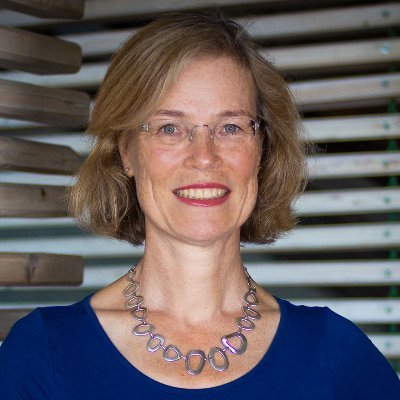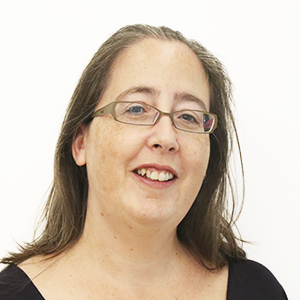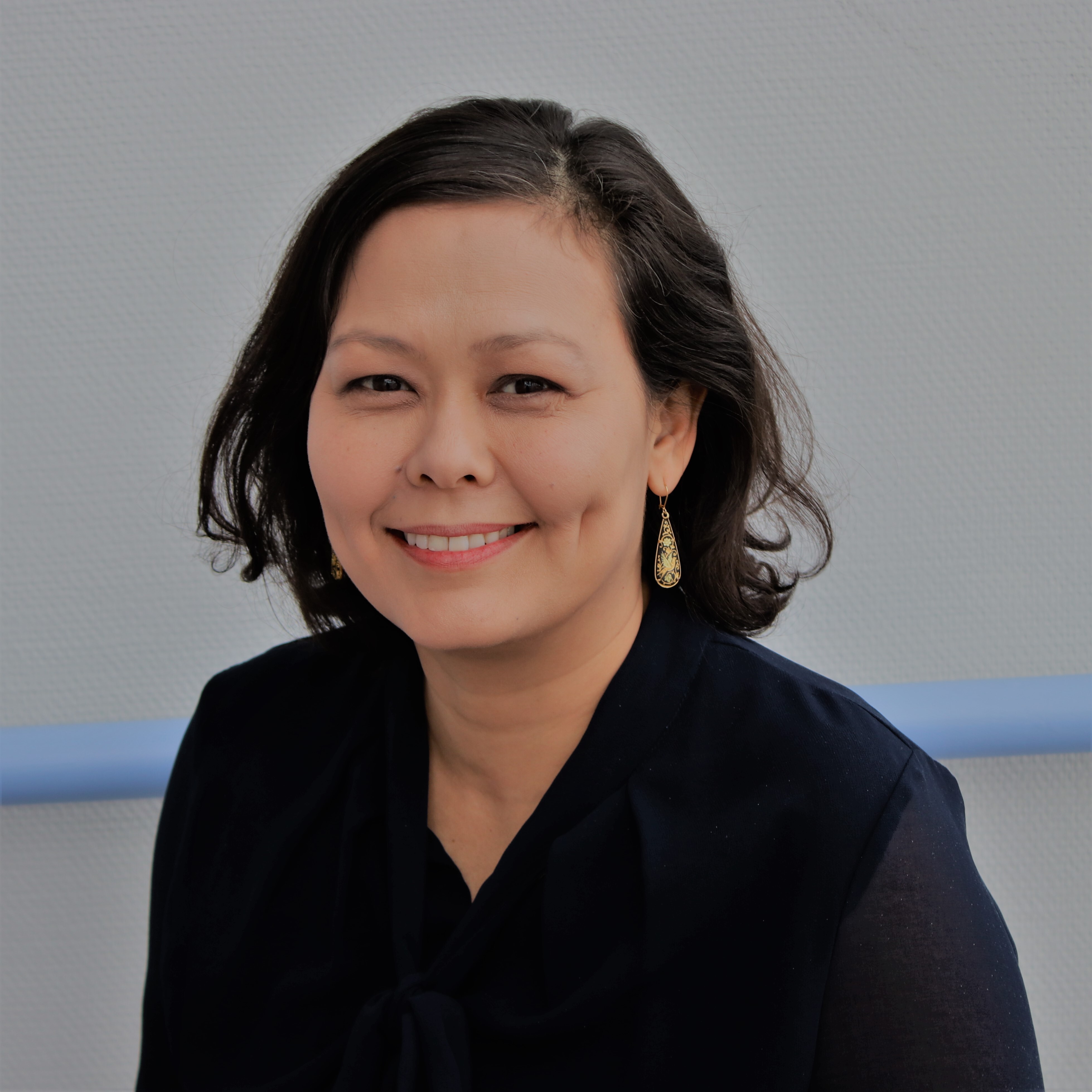Plenary session
Is aid effective in reducing violence?
Opening remarks
Marjeta Jager, Deputy Director General, DG INTPA
Rachel M. Gisselquist, Senior Research Fellow, UNU-WIDER
Keynote | Is aid effective in reducing violence? | Anke Hoeffler, University of Konstanz
Can aid be effective in preventing, reducing and treating the consequences of violence? Although the provision of security to all their citizens is a state’s fundamental duty, over 50 countries experienced armed conflict in 2021. The international development community has identified armed conflict as an impediment to development and provides considerable resources to reduce armed conflicts. However, other forms of violence, such as homicide and assault, are vastly more prevalent, and far more widely distributed across countries, than is armed conflict. For some time scholars in the field of public health have been arguing for putting interpersonal violence higher on domestic and international policy agendas. Analysing the allocation of aid by purpose, it is obvious that donors and recipients have so far not recognized interpersonal violence as a major development issue: less than one percent of total ODA is targeted at interpersonal violence. I argue that interpersonal violence, in particular against women and children, is highly prevalent in low income countries. Often there is an overhang from armed conflict, the war stopped but the violence continues within the communities and inside the homes. What exactly should be defined as interpersonal violence depends on moral arguments and cultural standards and this debate covers some fiercely contested issues. I offer a systematic attempt to bring together available data of the rates of the different forms of violence, their associated costs and anti-violence interventions that can that can assist policy shapers to guide efforts in preventing and reducing violence.
 Join the network
Join the network Department of Politics & Public Administration at the University of Konstanz. In 2018 she was offered an Alexander von Humboldt Professorship, Germany’s most valuable international research ward. Previously she was a research officer at the Centre for the Study of African Economies (CSAE) at the University of Oxford. She is a co-editor of the Review of Development Economics as well as a Research Affiliate at the International Security and Development Center (ISDC). Her research interests include the social causes of excess morbidity and mortality.
Department of Politics & Public Administration at the University of Konstanz. In 2018 she was offered an Alexander von Humboldt Professorship, Germany’s most valuable international research ward. Previously she was a research officer at the Centre for the Study of African Economies (CSAE) at the University of Oxford. She is a co-editor of the Review of Development Economics as well as a Research Affiliate at the International Security and Development Center (ISDC). Her research interests include the social causes of excess morbidity and mortality. who works at the interface between Development Economics and Political Science. She is a leading expert on political violence and development, and the co-founder and co-director of the Households in Conflict Network. She is currently Deputy Director of UNU-WIDER and Professorial Fellow at the Institute of Development Studies (IDS) in Brighton, UK (on leave). Professor Justino has led major research programmes funded by the European Commission, the UK Economic and Social Research Council (ESRC) and the UK Department for International Development (DFID). She is currently the director of a ESRC large grant project on the relationship between inequality, social trust and governance outcomes.
who works at the interface between Development Economics and Political Science. She is a leading expert on political violence and development, and the co-founder and co-director of the Households in Conflict Network. She is currently Deputy Director of UNU-WIDER and Professorial Fellow at the Institute of Development Studies (IDS) in Brighton, UK (on leave). Professor Justino has led major research programmes funded by the European Commission, the UK Economic and Social Research Council (ESRC) and the UK Department for International Development (DFID). She is currently the director of a ESRC large grant project on the relationship between inequality, social trust and governance outcomes.  United Nations University, World Institute for Development Economics Research (UNU-WIDER), and member of the senior management team. She is a political scientist and international development professional with two decades of experience in academia, applied policy research, and international research management. Her work focuses on issues of inequality, ethnic and identity politics, the state and statebuilding, development cooperation, and governance and democracy, with particular attention to sub-Saharan Africa. At UNU-WIDER, she currently leads/co-leads five projects, including
United Nations University, World Institute for Development Economics Research (UNU-WIDER), and member of the senior management team. She is a political scientist and international development professional with two decades of experience in academia, applied policy research, and international research management. Her work focuses on issues of inequality, ethnic and identity politics, the state and statebuilding, development cooperation, and governance and democracy, with particular attention to sub-Saharan Africa. At UNU-WIDER, she currently leads/co-leads five projects, including